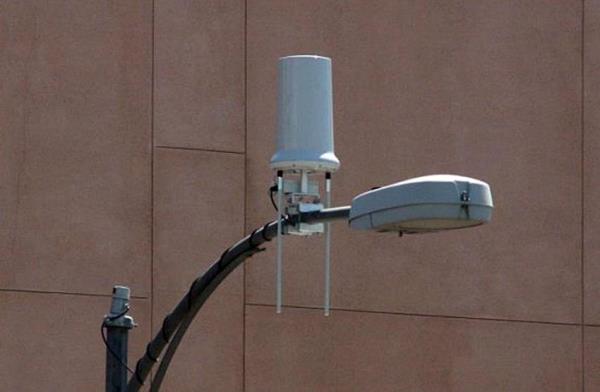26 April 2018

Arqiva already has concession contracts to deploy infrastructure on street furniture in 14 London boroughs, such as Hammersmith and Fulham seen here.
Arqiva and O2 plan to install up to 300 small cells across London to provide enhanced mobile data capacity and coverage to those living and working in some of the capital’s busiest boroughs.
The long term agreement will make use of some of Arqiva’s comprehensive concession contracts with 14 London boroughs, including Hammersmith and Fulham, Richmond upon Thames, Wandsworth, Camden, Lambeth, amongst others.
The company says initial sites under this latest deal will be live by the summer, with deployment continuing up to 2020.
The 300 small cells will be installed on street assets, such as lampposts, to deliver targeted coverage and increased capacity in areas where mobile data demand is particularly high, for example outside transport hubs and major shopping areas.
The devices will be supplied by a vendor whose identity Arqiva says it cannot disclose. O2 has previously worked with UK-based small cells specialist ip.access, but there have so far been no indications that the vendor will be involved with this new deployment.
In the meantime, David Crawford, MD of telecoms and M2M at Arqiva, points out that new types of mobile infrastructure are now required to meet the needs of mobile operators and their customers.
He says: “As demand for data continues to increase, the requirement for network densification will grow, and use of street furniture and small cells will play a critical role in delivering the mobile networks of the future.”
In addition to its immediate customer benefits, the partners say the agreement will lay the foundations for a rapid deployment of 5G connectivity when it becomes available.
O2 has recently gained spectrum for 5G. The operator believes fifth generation mobile technology will “update the operating system” of UK cities and make them smarter.
In research published last year, O2 also claimed 5G will deliver economic benefits twice as fast a fibre (see front page news Feb 2017 issue), and generate £6bn productivity savings.










